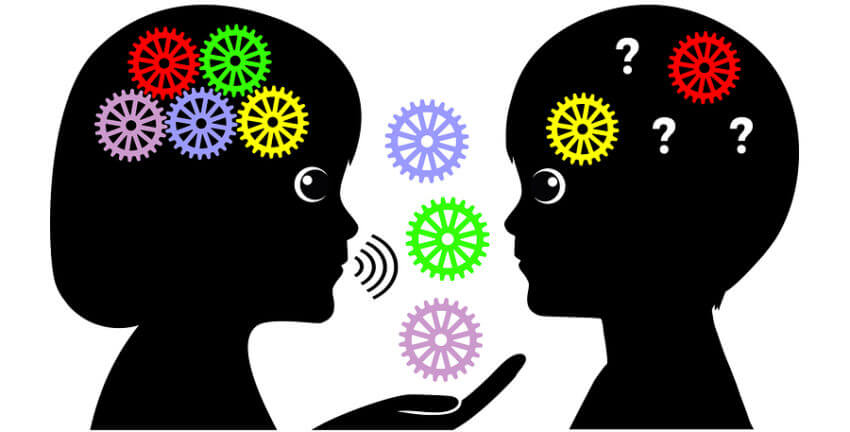The BALM Blog
See all postsLearning Disorders and Use Disorders – Is there a Connection?

Have you ever known someone with learning challenges who ended up with a substance use disorder?
What happened to them when they got into recovery? Were they able to cope in the very literate world of recovery with books and articles to read and inventories to write?
This question and how we might help those attempting recovery today to move forward despite their learning challenges will be the topic of The Daily BALM this Wednesday evening when I interview Susie Dooley, BALM Mom, Orton Gillingham certified reading instructor, and member of the founding team of the first charter school in South Carolina for children with dyslexia.
Join us for this discussion and to prepare yourself, read the information below and, if you have the time, peruse the white paper put out by Columbia University by clicking here.
The National Center on Addiction and Substance Abuse at Columbia University put out this particular white paper in the year 2000, presenting some disturbing facts on learning disorders and substance use disorder (note that the labels used in the white paper are circa 2000 though the information is still relevant today) including the following:
- Almost 11 million American children are living with a learning disability such as dyslexia.
- Many children with learning disabilities also have conduct disorders, anxiety disorders or mood disorders.
- Children with learning disabilities are more likely to have a negative self-image and engage in self-destructive activities, like drinking and abusing drugs.
- Up to 40 percent of adults getting treatment for substance use disorders issues have a learning disability.
Also consider this:
Characteristics of Children with Learning Challenges:
• Low self-esteem
• Poor school performance because of difficulty in writing, reading and/or math
• Depression
• Peer rejection
• Coordination difficulties
• Problems reading social cues in groups
Risk Factors for Substance Use Disorder
• Low self-esteem
• Academic trouble and failure
• Loneliness and depression
• Peer pressure/desire for social
acceptance
If you would like to join us to discuss how learning issues have or have not been a part of your loved one’s experience and any ideas you have or would like to see implemented to help people in early recovery move forward regardless of their learning challenges, please check your Weekly Call List and come on the call at 9 PM ET this Wednesday evening as we look at Principle One in light of Learning Disorders and Use Disorders.
See you then!
Bev
If you are not yet a BALM community member and would like to learn more on how you can access this call and much much more CLICK HERE or call 1-888-998-BALM (2256) option 2.

